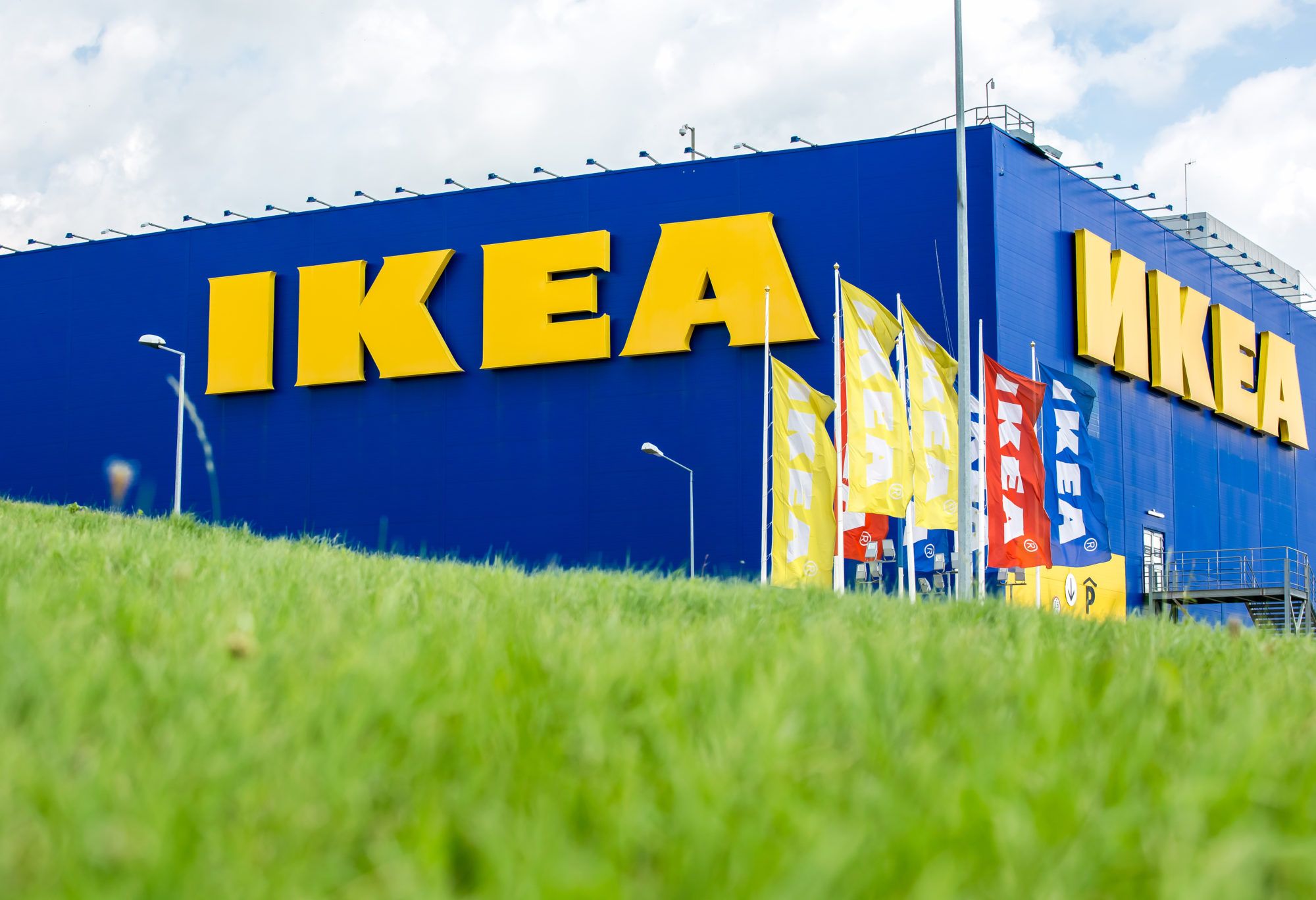“The horsemeat scandal made us take inventory of our food business,” Michael la Cour, managing director of IKEA Food Services, told an audience at the Sustainology Summit in New York on Tuesday.
While IKEA is best known for its furniture, which apparently uses 1% of the world’s timber, the retailer also has a well-known food retail business, including in-store restaurants selling its famous meatballs and marketplaces selling over 180 Swedish food products. This sideline food business sells a cool €2 billion ($2.3 billion) of food per year and serves 650 million customers, making it Sweden’s biggest restaurant by default, said la Cour.
Turning its attention to the provenance of its meat amid the horsemeat scandal — which started in the UK in 2013 but spread to other parts of Europe, including Sweden, and even the US when retailers such as Tesco realised there was horsemeat in their beef products — brought other challenges within the food system into the spotlight for IKEA, according to la Cour, such as food waste.
“It was a great opportunity for us to take responsibility for what we serve, where we source it, and who we partner with,” said la Cour.
Some key changes at IKEA in the wake of this deep dive into their supply chain included introducing the veggie meatball in April 2015 as well as taking Coca-Cola and Pepsi products off the menu in favor of Swedish fruit waters.
“Our veggie meatballs have a significantly lower carbon footprint than the meat alternatives, and are actually priced lower too; we need to move to a more plant-based diet,” said la Cour. “Everything we do is driven by sustainability design. It’s at the core of what we do and not a bi-thought.”
Referencing a conversation about the sustainability of insect-based protein compared to meat, la Cour added “I don’t know if the future is a crispy bug ball, but I know we are going to work with lots of different partners to bring changes to our food business.”
The company’s interest in edible insects is more than just lip service too, since Israeli fruit fly farm and insect protein startup Flying SpArk joined IKEA’s first boot camp and startup accelerator in September.
Another area of change could be in growing its own produce through vertical farming. The company recently invested in AeroFarms, the New Jersey-based indoor farming group.
Speaking to AgFunderNews on the sidelines of the conference, la Cour said it might be possible for stores to grow food on-site using this technology. He was set to visit AeroFarms later this week to explore opportunities.
However the company incites change at its stores and within its supply chain, la Cour said it is not wasting any time.
“We don’t need gradual change but radical change and we are willing to challenge our business model to get there,” he said. But he admitted that it still may take time to get consumers to catch up when it comes to some shifts, such as going totally vegetarian at some point.





